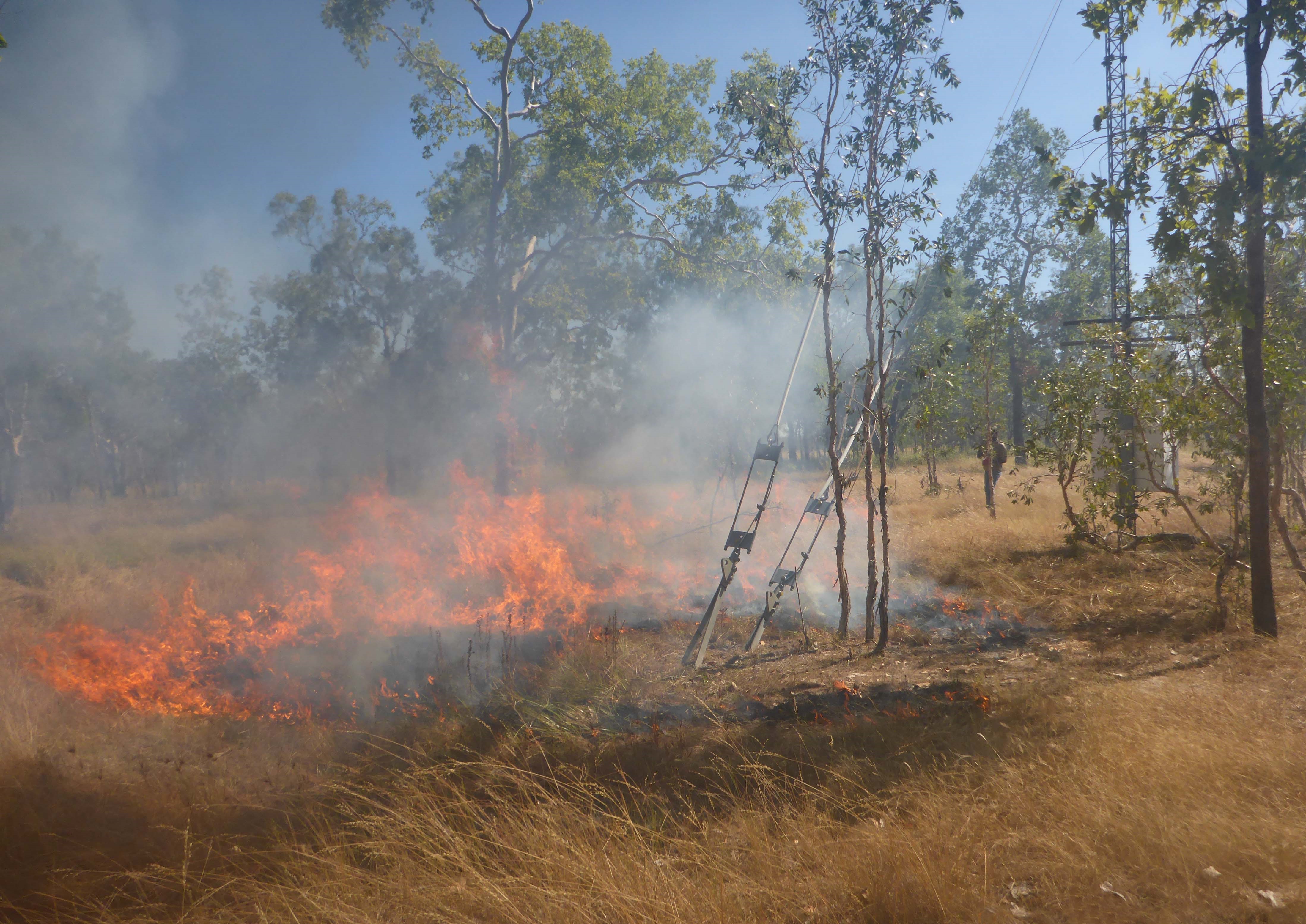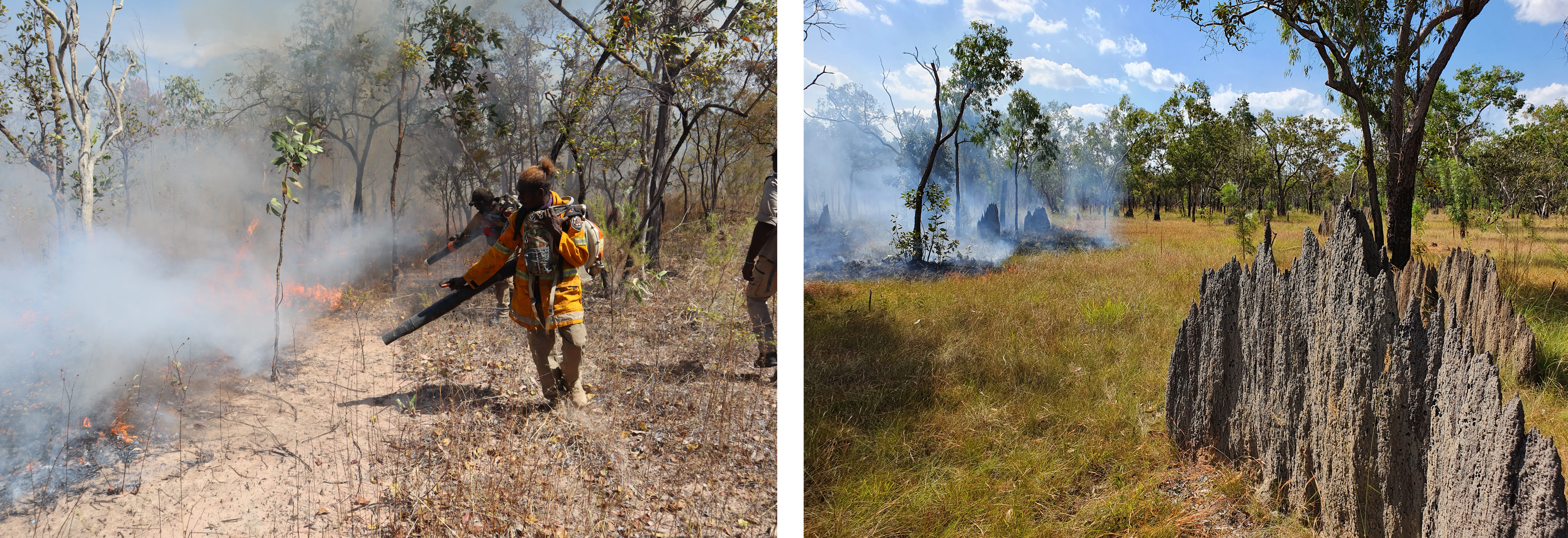Photos: Warddeken Land Management Limited

We recognise Aboriginal and Torres Strait Islanders as the sovereign Traditional Owners of Australia and thank them for their stewardship of this Country, its lands, waters and skies. We respectfully acknowledge their culture and customary practices, and pay respect to their Ancestors, Elders and future leaders.
For the first time, the State of the Environment report includes a strong Indigenous narrative across all 12 thematic chapters, a narrative crafted through recognising the leadership, collaboration and authorship of Indigenous Australians who continue their connection as Traditional Owners to their lands, waters and skies.
Click to view the State of the Environment report
On 28 March 2025 the government assumed a Caretaker role. Information on websites maintained by the Department of Climate Change, Energy, the Environment and Water will be published in accordance with the Guidance on Caretaker Conventions until after the conclusion of the caretaker period.
Due to technical issues, graphs, maps and tables are currently not displaying within the main content, however, are available via the chapter resources navigation bar. We are working on a solution to resolve the issue.
Graphs, maps and tables

Photo: Cathy Robinson, CSIRO

Photos: left – Northern Australia Aboriginal Kakadu Plum Alliance; right – Indigenous Land and Sea Corporation

Photo: Tracy Menon

Photos: left – Gulkula; right – Tracy Menon
Photo: Tracy Menon
Notes:
- Budget and Forward Estimates figures sourced from the 2020–21 Federal Budget.
- Actual figures from previous budget years sourced from historical budget documents.
- Spending that has been recategorised over time has been traced and collated to match the current Departmental, Outcome and Program structures (ACF 2021).
Source: Adapted from ACF (2021).
Source: Ward & Lassen (2018)

Photo: © The State of Queensland (used with permission)

Source: TERN (2021)







